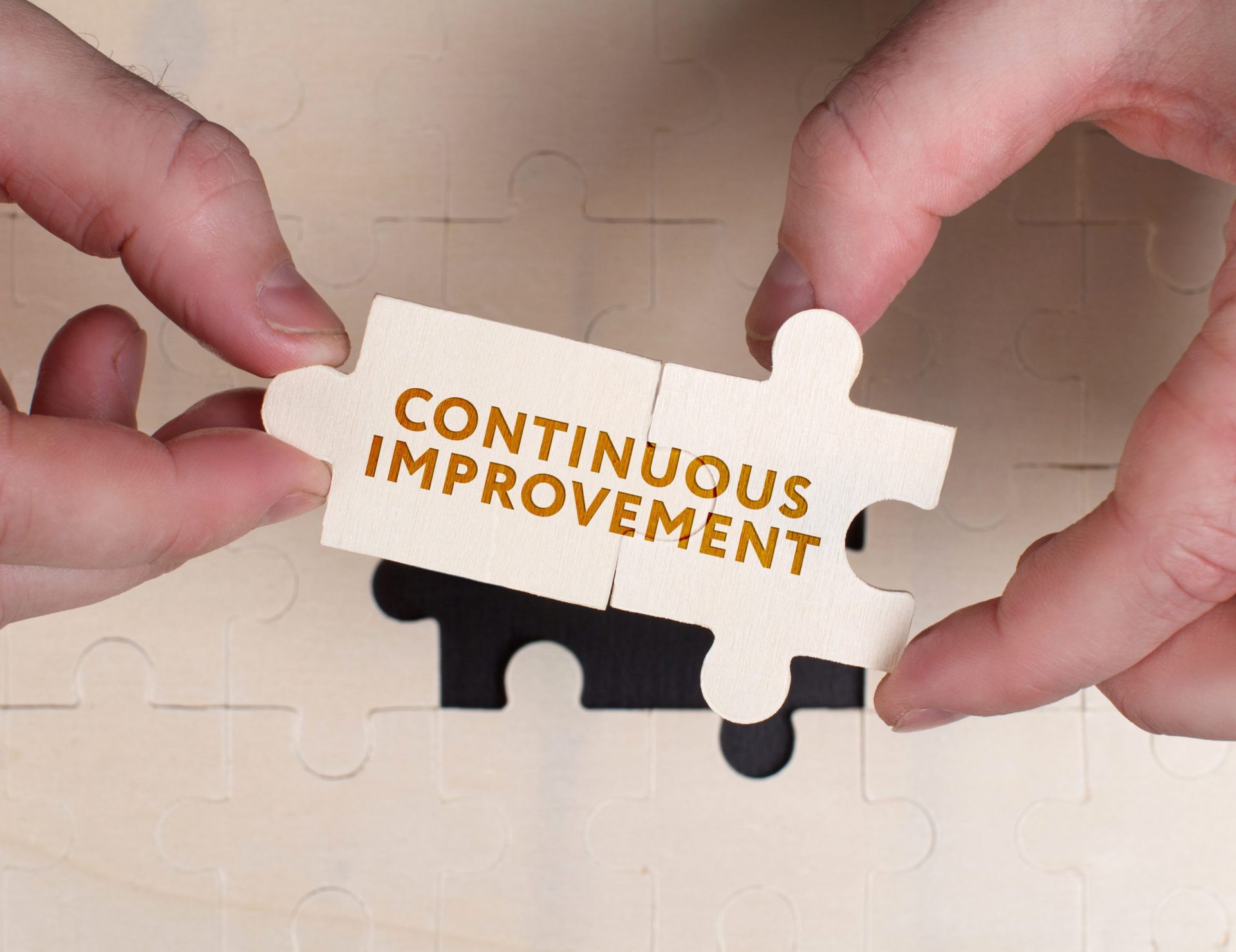Employee drama can create a toxic work environment, affecting morale, productivity, and overall team dynamics. As a responsible and proactive organization, it is crucial to address and manage employee drama effectively. By promoting open communication, setting clear expectations, and fostering a positive company culture, employers can minimize drama and cultivate a harmonious workplace for everyone involved.
1. Encourage Open Communication:
Open lines of communication serve as a foundation for resolving conflicts and preventing drama. Establish regular channels for employees to express concerns, provide feedback, or seek assistance. Encourage transparency and create a safe space where employees feel comfortable discussing their issues. Through open dialogue, misunderstandings can be cleared up, and conflicts can be addressed before they escalate.
2. Lead by Example:
Leaders play a vital role in shaping the work environment. Ensure that managers and supervisors demonstrate professionalism, fairness, and respect in their interactions with employees. By setting a positive example, employees are more likely to follow suit, fostering a culture of respect and professionalism across the organization.
3. Establish Clear Expectations:
Unclear expectations can be a breeding ground for misunderstandings and conflicts. Clearly define roles, responsibilities, and performance expectations for each employee. Regularly communicate goals and objectives to ensure everyone is on the same page. Providing clarity reduces the chances of misunderstandings and minimizes potential conflicts.
4. Mediation and Conflict Resolution:
When conflicts arise, it is essential to address them promptly and impartially. Train managers and supervisors in conflict resolution techniques to mediate disputes effectively. Encourage active listening, empathy, and compromise to help parties find common ground and resolve their differences. Mediation can lead to resolutions that satisfy all parties involved and prevent lingering drama.
5. Promote Team-Building Activities:
Organize team-building activities to foster positive relationships among employees. These activities can help break down barriers, build trust, and encourage collaboration. By promoting a sense of camaraderie and shared goals, team dynamics can be strengthened, minimizing the likelihood of drama.
6. Address Underlying Issues:
In some cases, employee drama may stem from underlying issues such as workload, unclear policies, or personal challenges. Regularly assess and address these underlying issues to alleviate potential sources of tension. Provide necessary resources, training, and support to help employees overcome obstacles and feel supported in their roles.
Dealing with employee drama is a crucial aspect of maintaining a healthy and productive work environment. By encouraging open communication, setting clear expectations, and promoting a positive company culture, organizations can effectively address and minimize employee drama. Through proactive measures and a commitment to resolving conflicts, employers can build a harmonious workplace where employees can thrive and contribute their best efforts.








